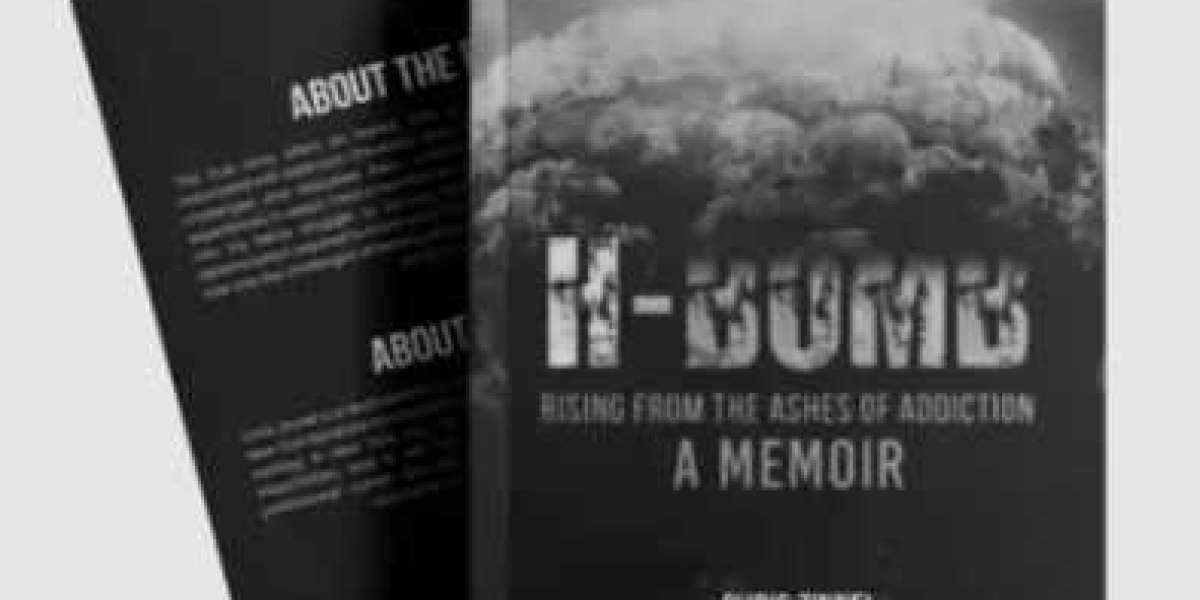Through his gripping narrative, Zinnel offers readers an intimate glimpse into the dualities of his existence—juggling the high-pressure world of emergency medicine with the harrowing realities of addiction. As we delve into the lessons that emerge from H-BOMB, it becomes clear that Zinnel’s story is not just about personal struggle, but also about the profound insights into compassion and resilience that can inspire and inform us all.
The Power of Compassion
One of the most striking aspects of Chris Zinnel’s H-BOMB is its depiction of compassion in the face of adversity. Zinnel’s role as a paramedic places him in constant contact with individuals in their most vulnerable moments—whether they are victims of accidents, violence, or medical emergencies. In these high-stress situations, Zinnel's ability to provide care and support is paramount. His experiences on the job underscore a crucial lesson: true compassion involves more than just offering physical help; it requires empathy, understanding, and a deep respect for the human condition.
Despite his own struggles with heroin addiction, Zinnel never loses sight of the importance of his role in the lives of others. His commitment to his patients, even while grappling with his personal demons, highlights a powerful form of empathy that transcends his own suffering. This duality teaches us that compassion is not diminished by personal hardship; rather, it can be a source of strength and connection. Zinnel’s story encourages us to recognize and value the compassion that exists in people who continue to give of themselves, even when they are facing their own challenges.
Resilience in the Face of Adversity
Resilience is another central theme in H-BOMB. Chris Zinnel journey through addiction and recovery is a testament to the human spirit's capacity to endure and rebound from extreme difficulties. Heroin addiction, with its profound impact on both mind and body, presents an immense challenge. Zinnel’s resilience is evident in his struggle to reclaim his life, navigate the complexities of recovery, and ultimately share his story with the world.
The resilience portrayed in Zinnel’s memoir offers valuable lessons about perseverance. It’s easy to see resilience as merely bouncing back from setbacks, but Zinnel’s story shows that it’s also about the continuous process of moving forward despite ongoing challenges. His narrative reveals that resilience involves acknowledging one's vulnerabilities and actively working to overcome them, often in the face of overwhelming odds.
Moreover, Zinnel’s journey underscores that resilience is not a solitary endeavor. It is often supported by a network of individuals—whether they are colleagues, friends, or family—who offer support, encouragement, and understanding. This communal aspect of resilience highlights the importance of surrounding ourselves with a strong support system and being open to seeking help when needed.
The Intersection of Personal and Professional Lives
H-BOMB also explores the intersection of Zinnel’s professional and personal lives. His work as a paramedic is deeply intertwined with his personal struggle with addiction, creating a complex dynamic where each aspect of his life impacts the other. This interplay offers a powerful lesson about the importance of addressing personal issues to perform effectively in professional roles.
Zinnel’s experiences illustrate that personal well-being is crucial for professional success and vice versa. His story emphasizes the need for comprehensive support systems that address both personal and professional challenges. For those in high-stress professions, recognizing and addressing personal issues can lead to better overall performance and a more balanced life.
The Role of Vulnerability
Another profound lesson from Zinnel’s memoir is the role of vulnerability in personal growth and healing. By sharing his story in H-BOMB, Zinnel exposes the raw, unfiltered truth about his struggles with addiction. This act of vulnerability not only aids his own healing process but also fosters a deeper connection with readers who may relate to his experiences.
Zinnel’s openness teaches us that vulnerability is not a weakness but a strength. It allows us to confront our struggles honestly and seek the support and understanding we need. Embracing vulnerability can lead to greater personal growth and stronger relationships, as it encourages a more authentic and empathetic approach to both ourselves and others.
Conclusion
Chris Zinnel’s H-BOMB offers a compelling and educational exploration of compassion, resilience, and the complexities of personal and professional life. Through his candid and powerful storytelling, Zinnel provides invaluable lessons about the human capacity for empathy and endurance. His experiences remind us that even in the face of severe challenges, compassion and resilience are essential qualities that can guide us through adversity and lead us toward healing and personal growth.
By reflecting on Zinnel’s journey, we gain a deeper understanding of the importance of compassion and resilience in our own lives. Whether we are navigating personal struggles or supporting others, the insights from H-BOMB encourage us to approach life with greater empathy, perseverance, and openness.








